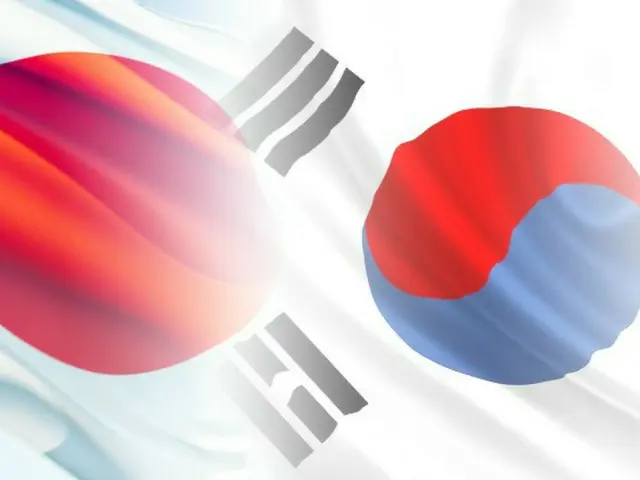He also stated that he would like to continue to strengthen the system with the next prime minister after the retirement of the current prime minister. He also emphasized that the reforms in the four areas of pensions, medical care, education, and labor that the Yoon administration has put forward will "definitely be realized."
"This is an issue that will determine the survival and future of South Korea," he said. The ruling People Power Party responded to the contents of the press conference by saying, "It was a press conference that reflected the president's positive attitude toward the economy and the people's livelihood."
" However, the main opposition Democratic Party of Korea said, "It is full of self-praise that no one in the nation can accept, and there is no hope of restoring the suffering of our people and our regressive democracy.
The press conference was held to explain to the public the progress of reforms two years and three months after the inauguration of his administration, as well as the future direction of national politics.
This will be Yoon's first public interview since May, marking the second anniversary of his inauguration. In his first policy speech since taking office, Yoon has set pension, education and labor reforms as his three main priorities for 2022.
This year, medical reform and measures to combat the declining birthrate were added, and the government is currently promoting the "4+1 (pension, education, labor, medical care, and measures to combat the declining birthrate) reform." At the press conference on the same day, President Yoon said about pensions, "The nation is
"We should make it clear in the law that we will guarantee the payment," he said. In addition, in February of this year, the government announced a policy to increase the admission quota for university medical schools in order to resolve the doctor shortage.
The shortage of doctors has become serious in rural areas, and the Yoon administration has stressed the necessity of expanding the number of doctors, saying, "To protect the health and lives of the people, we must increase the number of doctors, which is a contemporary issue that cannot be delayed any longer."
The medical community argues that the reason for the doctor shortage is not an overall shortage of doctors, but rather a shortage of doctors in so-called "essential medical departments" such as surgery and obstetrics and gynecology.
In response, interns resigned en masse to show their intention to protest, causing confusion as hospitals were forced to close due to lack of manpower.
"Now that the current situation has been resolved, we will focus our policy capabilities on the revitalization of regional and essential medical care, which is the essence of the reform. Recruitment for medical school admissions for 2025 is currently proceeding smoothly," he said.
The press conference also touched on Japan-Korea relations. Relations between the two countries improved rapidly after the South Korean government proposed a solution to the issue of former forced laborers in March last year.
After introducing the 11th summit meeting he held with Prime Minister Fumio Kishida, he emphasized the achievement of "revitalizing security and economic cooperation (with Japan)." Prime Minister Kishida is stepping down this month, but
"I want to be able to maintain cooperation for the future, regardless of which leader is put in charge of national affairs," President Yoon said.
Han Ji-ah, head of the ruling People Power Party, commented on the content of President Yoon's press conference.
In his commentary, Spokesperson Seok said, "At the press conference marking the third year of his administration, President Yoon detailed his innovative reform agenda, including reforms to pensions, labor, healthcare and education, and overcoming the declining birthrate. Above all, he wants to create reforms that the public can experience.
"He showed a strong determination to restore people's livelihoods as much as possible," he said. Meanwhile, Cho Seung-rye, chief spokesman for the main opposition Democratic Party, criticized him for "self-praising."
"The direction of reform (in four areas: education, labor, and education) is abstract and just words, and it is unclear what they are trying to do," said Kim, a member of the same party who served as prime minister under the previous Moon Jae-in administration.
Boo-gyeom wrote on social media, "They didn't offer any solutions to the collapsing economy, and instead distorted reality with a baseless number game," and "The president is unconcerned about trampling on democracy.
"He spoke about freedom and welfare with a happy face," Kim said. With President Lee Jae-myung, who was re-elected as party leader last month, in mind, he has requested a meeting with President Yoon.
"We must quickly find a breakthrough in the political struggle by meeting with the leader of the largest opposition party," he said.
2024/09/02 16:12 KST
Copyrights(C)wowkorea.jp 5

